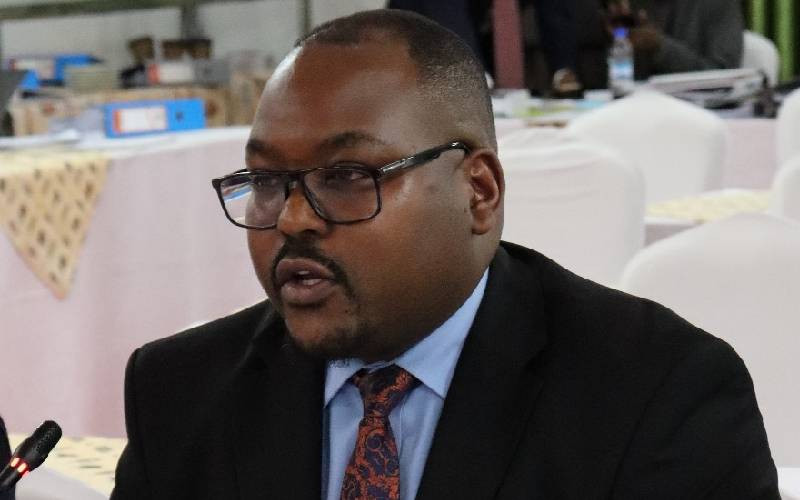×
The Standard e-Paper
Smart Minds Choose Us

The International Commission of Jurists (ICJ-Kenya) want Article 43 of the constitution to be implemented and the government to address the high cost of living.
They also want President William Ruto's Kenya Kwanza administration to fight corruption, and stop irresponsible borrowing and as well as government wastage.